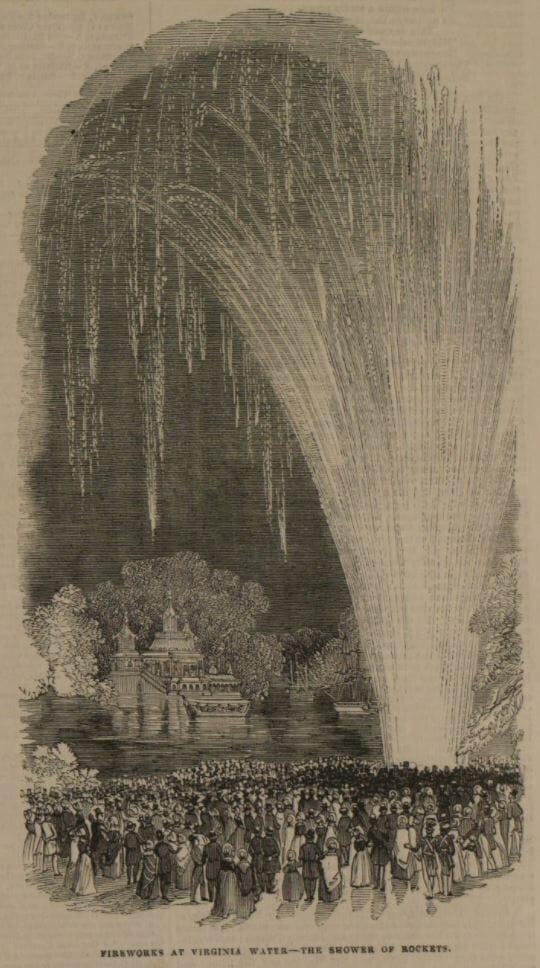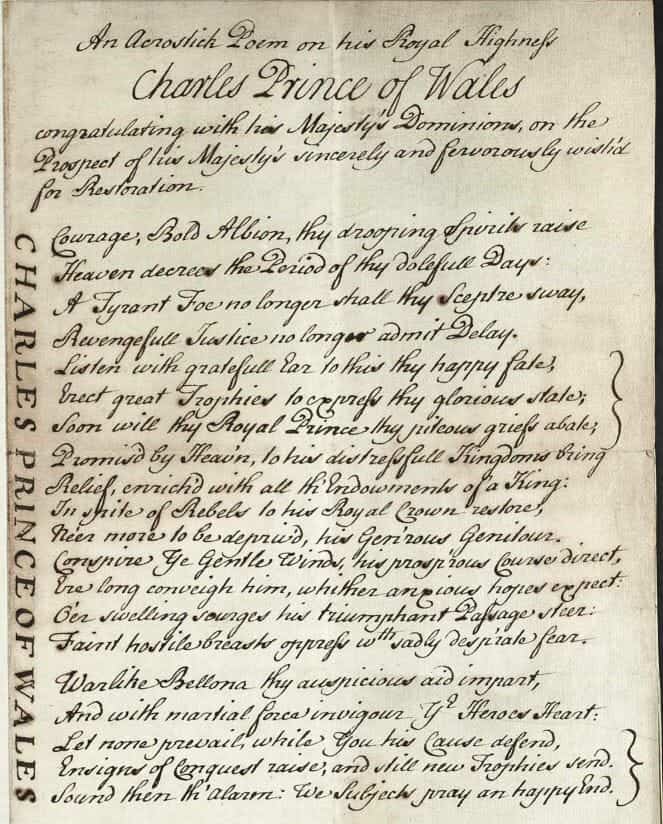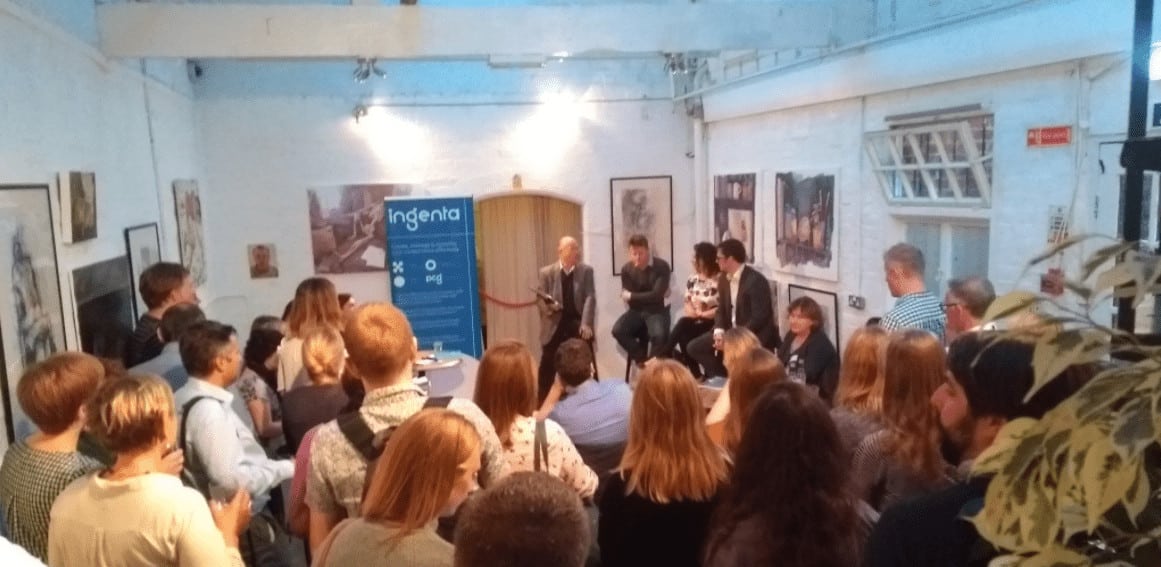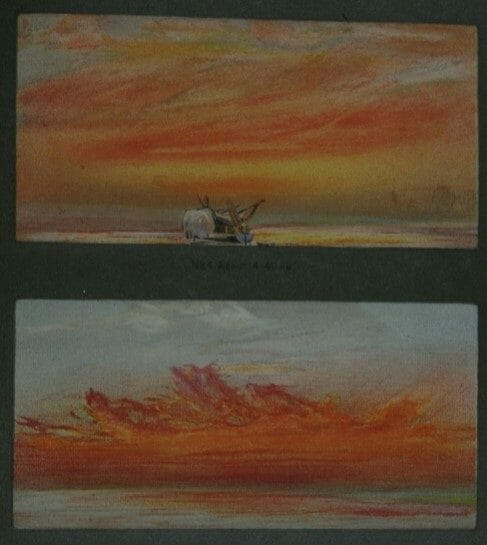In the UK today, we associate fireworks with the fifth of November and (as the well-known nursery rhyme goes…) gunpowder, treason and plot. For many of us, fireworks are inextricably bound up with the smell of bonfire smoke, and standing in a park or sports ground, ankle deep in mud, waiting for the audio system to work. This is often combined with the unfettered glee of riding a fairground ride that appears never to have been safety tested! And of course, we all know and love the various fireworks themselves: the rockets, Roman Candles, Catherine Wheels, Golden Rain and sparklers. Perhaps your personal favourites are those that burst in gold, and then fizz silver? Maybe those that screech and scream? Or those that launch in a splendid spray of red and blue and then ‘phut’ into nothingness? Or the slow burner… refusing to go off until someone has cautiously poked it with a stick, whilst the others watch terrified that it should explode in the face of the poker… Firework night: a time of education and entertainment for all!
Read more











